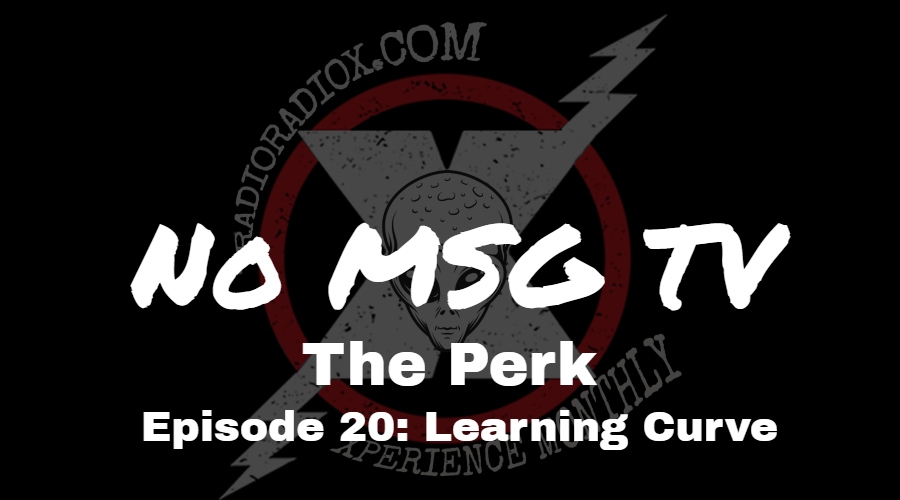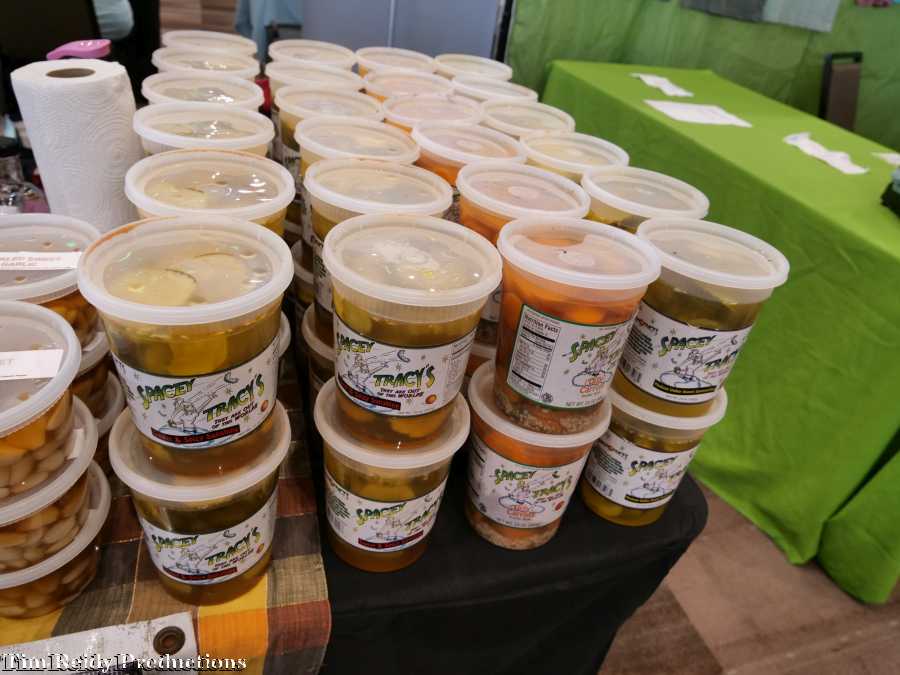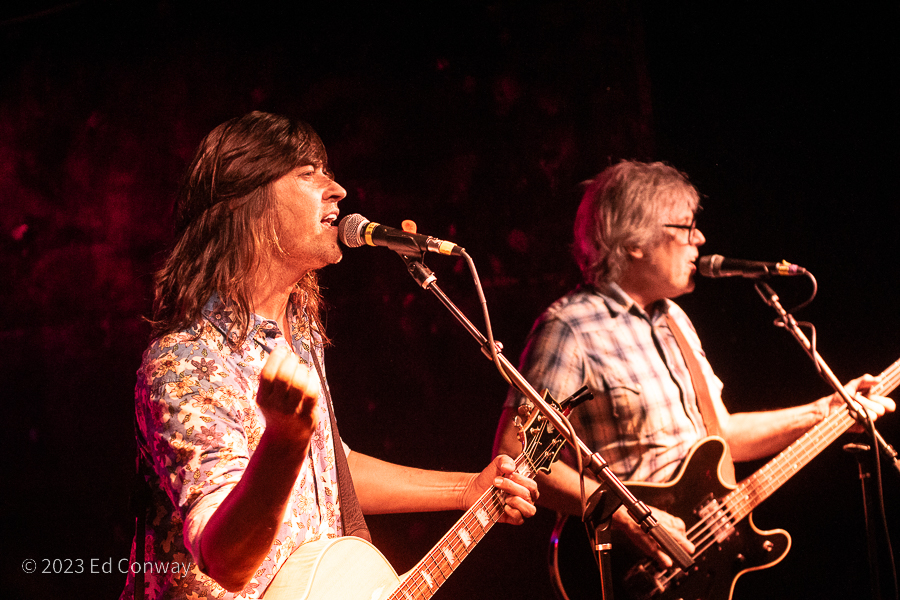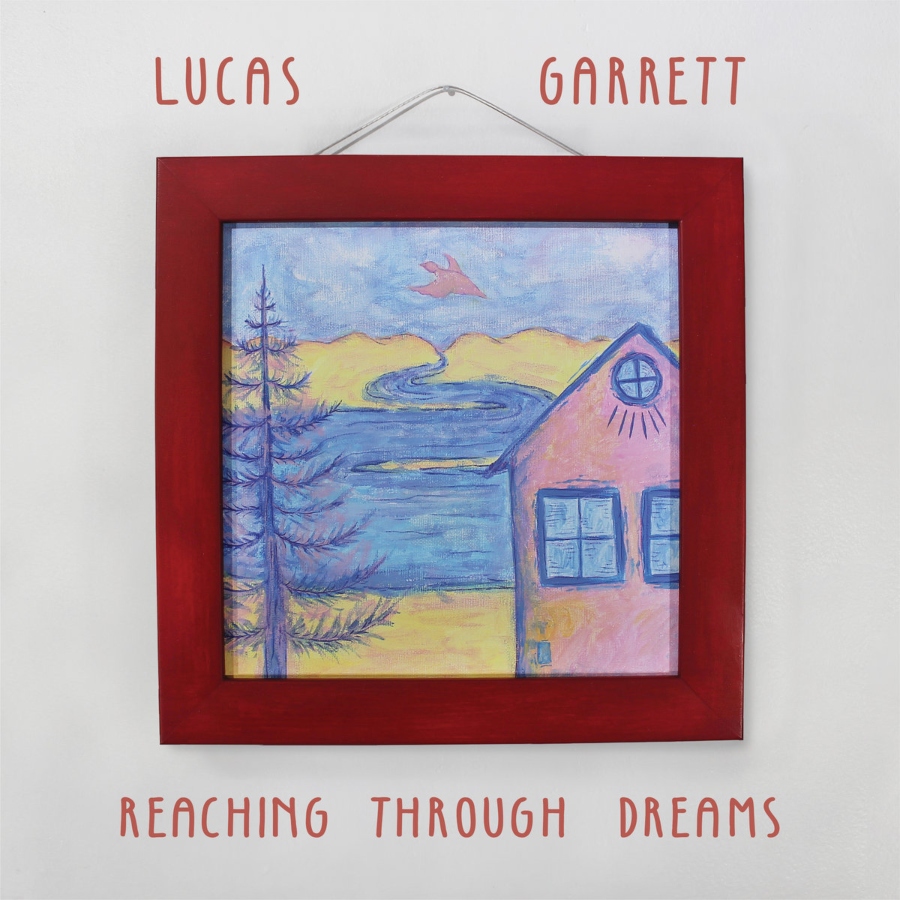Interview: Paul Collins (Paul Collins Beat and Formerly of The Nerves) -By Rob Smittix
By Staff on October 6, 2022
RRX: Well, you’ve obviously had an extensive music career, if you could briefly give us the abridged version on how you got to where you are today. That would be cool.
PC: Sure well…it all started for me back in San Francisco. I came out to San Francisco from New York, where I am now at the behest of my drum teacher Sam Ulano. He told me, ‘Listen man… if you want to make it in rock n roll you’ve got to go out to the West Coast.’ So, I did and on my third day in San Francisco (because I had no idea what was going to happen out there and I didn’t really have any contacts), back in those days the best way to find a band was to go to the music stores and look at the bulletin board and see if anyone needed anybody. Low and behold there was this little index card for a wanted drummer for an all-original band, ‘call Jack’ it read, and I did. That kind of changed my life. I met Jack Lee and then Peter Case, we started The Nerves. Back then it was all do it yourself and in some respects, it was more difficult than today. You couldn’t record at home or do anything like that. DIY movement had not really been developed as much as it is now, which is great for some artists, you can just bypass the industry all together if you want to. And they do and it’s great. The industry is tough.
RRX: No kidding. That’s why I always say I’m a musician, can’t say I’m a successful one but you know I still have fun.
PC: So those were really great times for me. Obviously, I learned almost everything I know about music. The Nerves were like my bootcamp. Not much happened to me after that, that didn’t happen in that band. That was kind of like everything I ever experienced went down with those guys and I also learned so much about the craft of songwriting and range of songs with Jack and Peter. It was a fabulous experience.
RRX: I could only imagine.
PC: Obviously in hindsight it was a little bit different. At the time we couldn’t believe how difficult it was just trying just to get a leg up and it was the opposite with my next band The Beat, that just went a million miles an hour, compared to how difficult it was in The Nerves. The Beat got together and almost instantaneously got the major record label deal, we have Bill Graham and Bruce Botnick producing us. It was kind of like a silver platter. Then again, we got slaughtered by the industry, in those days the mechanics of breaking an act in radio and just all of the stuff that was going down. It was very difficult for new bands to get established, unless you had a hit out of the box and you were really seriously moving units.
RRX: You’re right the industry is completely different now, in some ways it’s good, in some ways it’s not. But the DIY aspect that you talked about has gotten easier. But you still do things somewhat DIY, from what I’ve been gathering.
PC: Thankfully, I have nothing to do with the industry. The type of music I play is totally niche market. What I do is totally fan driven. The fans keep it alive. The fans support it by buying the music and going to the shows. Really if you’re able to survive doing this kind of music, which I am very lucky to be able to do. A lot of musicians that play this sort of music unfortunately many of them have to do it is a hobby. There’s just not enough money in it to support yourself. I was very lucky. Luck and work really. I did tons and tons of gigs, it’s like revenue streams. You do a couple hundred gigs for four or five hundred bucks, and you can make a living.
RRX: That’s true.
PC: But it’s hard. I’m 66 now and I’m not gonna do that anymore just because it’s just too hard. I don’t think people realize. On one hand touring is glamorous. That is that part of it but the other part of it is, it takes a toll on your body. As time goes on and the years go by, you start to really feel it. I wish people would appreciate that. This hit me when I was crisscrossing the country, and Europe and Canada and everywhere. Play a show with four to six bands and everybody has driven hours. The amount of energy that these people have expended to get to this place to perform for people that are like, well I don’t know if I want to pay a dollar a band. You know what I mean?
RRX: I do.
PC: But then of course it all flips when the Rolling Stones go and do a surprise secret show at a small club, everyone says, ‘oh my god I got to see the Stones at a small club!’ I was talking to a friend about this today. The small clubs are where rock n roll, blues and jazz were born. It’s an essential part of the tradition. There’s no guarantees with anything and people don’t have to do anything but I’ve been at house concerts where some guy is holding a forty dollar bottle of booze and he doesn’t want to put two dollars in the hat. The appreciated value of music and musicians for what they do, only kicks in when they’re playing stadiums.
RRX: It’s a damn shame but I feel it’s the mass appeal audience, which unfortunately is almost everyone. It’s the people that listen to modern day FM radio.
PC: When I discovered FM, I was brought up on AM, it was like a whole new cool world that AM didn’t even touch. The album cuts and stuff like that you never heard on AM radio. It almost felt like the insiders track to rock n roll.
RRX: I had the privilege to be on FM radio in the late 90’s when it was still cool for a little while.
PC: There’s a lot of these internet radio guys who do whatever they want. I think that’s one of the upsides to the internet, there’s a lot of niche market stuff that can be very eclectic. There are these enthusiasts out there that keep it alive for a small group of people that are tuned into them but it’s a real viable way to hear stuff.
RRX: Is there anything else you’d want to put out into the universe before we got to get going?
PC: Just that I’m very happy that I’m still able to get on stage and play music. I’m very happy that I still have fans out there that listen to what I do and dig it. I feel fortunate that I’ve been able to stay in the game this long.




 RadioRadioX
RadioRadioX